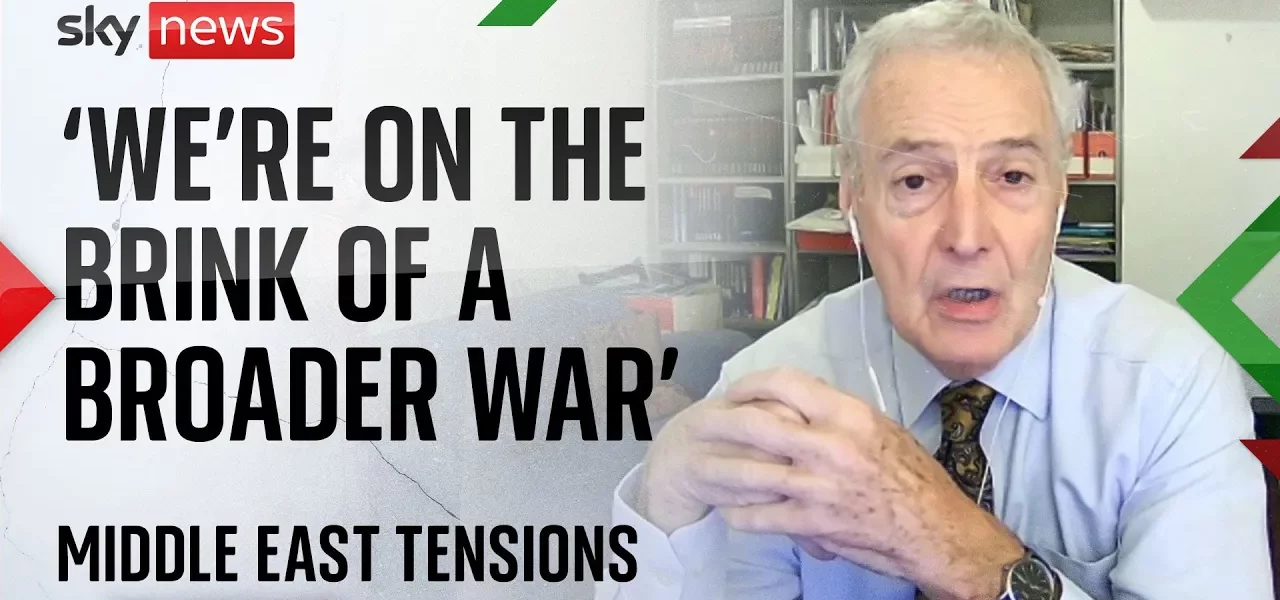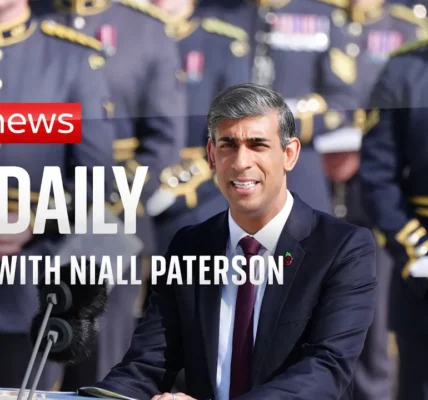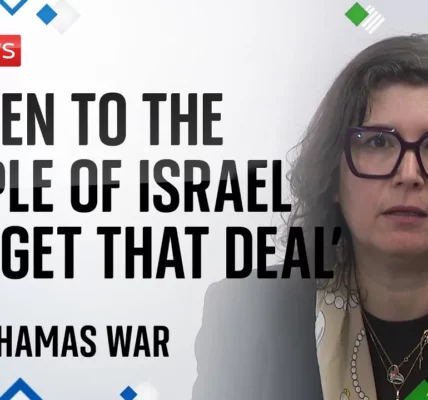Iranian Missile Strikes on Israel: A Critical Analysis

This article provides a comprehensive examination of the recent missile strikes from Iran into Israel, analyzing the situation’s implications for regional stability and security, and the potential responses from Israel and the international community.
Introduction
The recent escalation in hostilities between Iran and Israel marks a significant turning point in the ongoing conflict in the Middle East. On the backdrop of a year filled with tension since the attacks on October 7, 2022, Iran has launched nearly 200 missiles into Israeli territory, triggering alarms across the region. This article delves into the details of these missile strikes, the consequent Israeli military responses, and the broader implications for regional security and international diplomacy.
Overview of the Missile Strikes
Extent of the Attacks
Iran’s missile strikes have been characterized by their scale and precision, with reports indicating that missiles flew over major cities including Tel Aviv and Jerusalem. The strikes not only targeted urban centers but also military installations and strategic locations:
- Missiles landed near the Ion Mall in Tel Aviv.
- Attacks were reported near the Netim Air Base south of the West Bank.
- Missiles struck the Shalav Chabad Gadir school, located on the northern outskirts of Tel Aviv.
Geolocation and Forensic Analysis
Utilizing advanced forensic techniques, data analysts were able to geolocate and verify footage of the missile strikes, providing critical insight into the operational capabilities of Iranian forces. The identification of missile landing sites is crucial for understanding both the immediate damage and the strategic intent behind these attacks.
The Risk of Broader Conflict
Escalation of Military Engagement
The missile strikes signify a dangerous escalation that could potentially lead to a broader conflict in the region. Analysts, such as Michael Clark, have expressed concerns that Israel’s response may provoke further retaliatory actions from Iran, fostering a cycle of violence that could engulf neighboring countries.
Israel’s Military Response
In response to the missile attacks, Israel is reportedly preparing to escalate its military operations. Prime Minister Netanyahu has made it clear that a strong response is imminent:
- Increased military presence along the Israel-Lebanon border.
- Potential strikes on Iranian positions in Syria and Lebanon.
- Enhanced intelligence operations to identify and neutralize threats.
This response is compounded by the movement of Israeli troops and armored units into southern Lebanon, aiming to confront Hezbollah and other militant groups supported by Iran.
The Role of International Diplomacy
Influence of Western Powers
The situation is further complicated by the involvement of Western nations, particularly the United States and European countries, which are urging both Iran and Israel to exercise restraint. Diplomatic efforts are focused on preventing an all-out regional war:
- Encouraging de-escalation through backchannel communications.
- Monitoring military movements and providing intelligence support.
- Promoting dialogue between conflicting parties to find a peaceful resolution.
The Importance of Choreographed Responses
Analysts emphasize the need for both sides to respond in a controlled manner, as seen in previous engagements. A choreographed response could provide diplomatic channels with the necessary space to negotiate peace and avert further violence.
Conclusion
The Iranian missile strikes on Israel represent a pivotal moment in the Middle Eastern conflict, with the potential to escalate into a broader war. Israel’s military readiness and the strategic responses from Iran will be crucial in determining the course of events. As tensions mount, the international community’s role in mediating and encouraging diplomatic solutions will be more important than ever. We encourage readers to stay informed and engaged with developments in this critical region.
For more in-depth analysis on Middle Eastern conflicts and military strategies, visit our related articles on Middle East Conflict Analysis and Iran-Israel Relations.
“`




